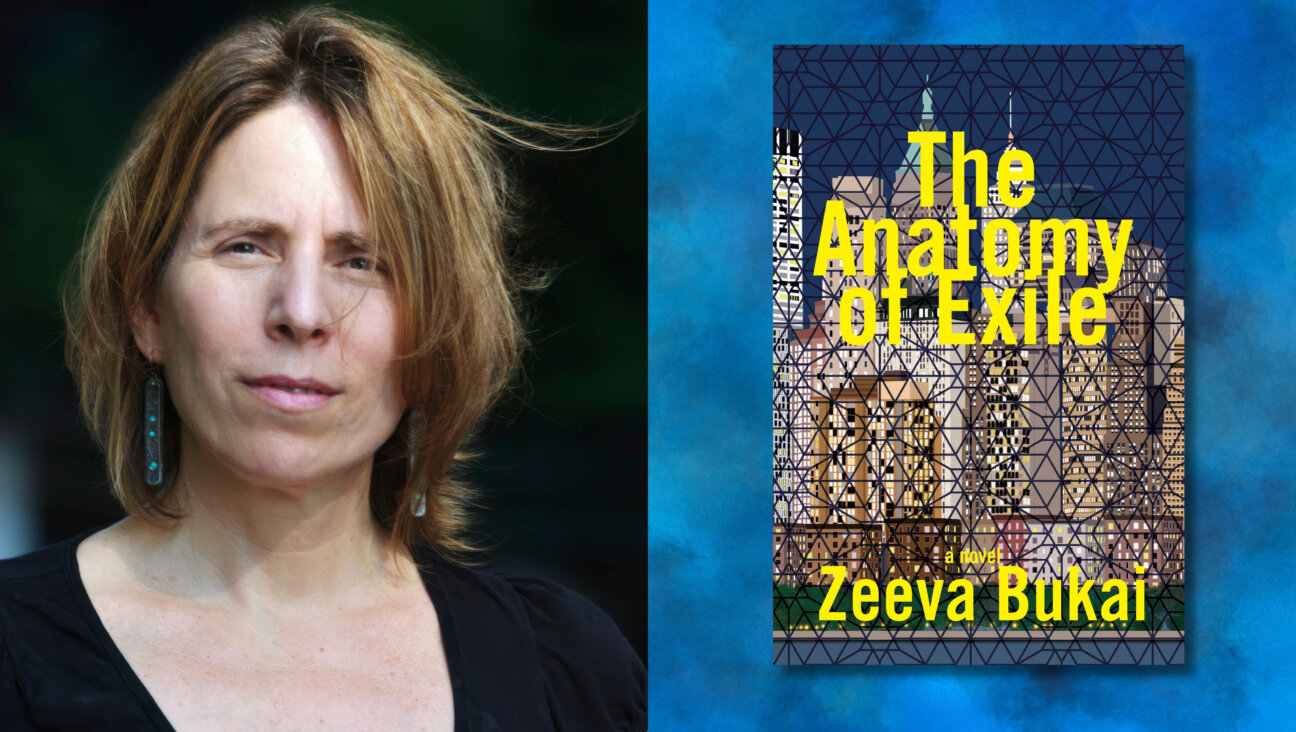Religious Political Power in Israel Comes to a Halt

Yuval Elizur and Lawrence Malkin are the co-authors of the new book “The War Within: Israel’s Ultra-Orthodox Threat to Democracy and the Nation.” Today, Yuval Elizur takes a look at religious political power in Israel and January’s elections. Their blog posts are featured on The Arty Semite courtesy of the Jewish Book Council and My Jewish Learning’s Author Blog Series. For more information on the series, please visit:

For many years the political power of Israel’s Orthodox minority spread as if it would never reach a limit. While their number of seats in Israel’s parliament, the Knesset, remained small in relation to their power and also remarkably stable, the Orthodox rabbis and their political representatives influenced government policy by offering to vote as a bloc to sustain any ruling coalition. There was a price, of course: exemption from military service and subsidies for strict religious education and the welfare of the yeshiva students. These and their other favorite projects expanded after each election campaign. No wonder that an increasing number of Israeli intellectuals, including a noted sociology professor at Hebrew University, warned that Israel might soon become a theocratic state not unlike Iran.
But finally came a pushback in the decades-long battle between State and Synagogue. The results of this January’s elections proved that a good part of the political strength of the Orthodox may have been a myth. It finally may be receding toward a reality more representative of Israeli society, which is predominantly secular in practice although committed to Judaism as a religion.
visitingscribe/yuval-elizur-and-lawrence-malkin book/the-war-within
It all began in 1948 during the first Israeli government when Prime Minister David Ben Gurion excused a mere 400 Orthodox yeshiva students from serving in the army and ceded to the rabbinical courts total jurisdiction over marriage and divorce of Jewish women in the new state. This set the pattern for the small religious parties’ clever manipulation of the ruling parties, which needed their parliamentary votes to hold power — whether the leftist Labor governments of the early days of the state or the rightist governments of recent years.
To the surprise of many Israelis, the elections demonstrated that religious parties can be a serious political liability and no longer an asset purchased by budgets and political concessions. For Prime Minister Benjamin Netanyahu they have become a menacing factor that are literally stuck in his throat as he struggles to form a new coalition. For more than a month since the January 22 elections, the leader of Israel’s largest political party, Likud Beitenu, has been unable to form a government without antagonizing the religious parties. According to Israeli law, Netanyahu has until mid-March to form a government. If he can’t, President Shimon Peres must declare new elections.
Trying to work out deals under this sword of Damocles, it seems likely that Netanyahu will somehow succeed in forming a government with or without the votes of the religious parties. Yet there is a lesson to be learned from the present debacle: The political leverage of the religious parties has been dramatically reduced. From now on, both right- and left-wing leaders will try to form governments on their own from the nation’s handful of parties and perhaps even reform Israel’s political system without the need to depend on the support of the religious parties by kowtowing to them.
Let one thing be clear: all this political maneuvering has very little to do with the influence of religion on life in Israel. That will continue to be substantial. Even with the religious parties in the opposition, Israel will be still a country where most yeshiva students will not serve in the army, the Sabbath will be an officially enforced day of rest, and only kosher food will still be served in the army. There will still be rabbinical marriages although civil marriages may finally be possible through a series of interim arrangements.
But whatever the shape — and stability — of the ruling coalition that finally emerges, the veto power of the rabbis has been blunted and may finally be broken.
Yuval Elizur is a sixth generation Israeli, living in Jerusalem. The author of several books, he is a former deputy editor and economics reporter for Israel’s largest daily newspaper Ma’ariv, and has served as a Jerusalem correspondent for The Washington Post and The Boston Globe. A veteran of two wars, he was the Columbia School of Journalism’s first Israeli graduate.
The Jewish Book Council is a not-for-profit organization devoted to the reading, writing and publishing of Jewish literature. For more Jewish literary blog posts, reviews of Jewish books and book club resources, and to learn about awards and [conferences,][10] please visit www.jewishbookcouncil.org.
MyJewishLearning.com is the leading transdenominational website of [Jewish][11] information and education. Visit My Jewish Learning for thousands of articles on Judaism, [Jewish holidays,][14] [Jewish history][15] and more.
about/ _blog/The_ProsenPeople/ awards/ resources/
A message from our Publisher & CEO Rachel Fishman Feddersen

I hope you appreciated this article. Before you go, I’d like to ask you to please support the Forward’s award-winning, nonprofit journalism so that we can be prepared for whatever news 2025 brings.
At a time when other newsrooms are closing or cutting back, the Forward has removed its paywall and invested additional resources to report on the ground from Israel and around the U.S. on the impact of the war, rising antisemitism and polarized discourse.
Readers like you make it all possible. Support our work by becoming a Forward Member and connect with our journalism and your community.
— Rachel Fishman Feddersen, Publisher and CEO






















